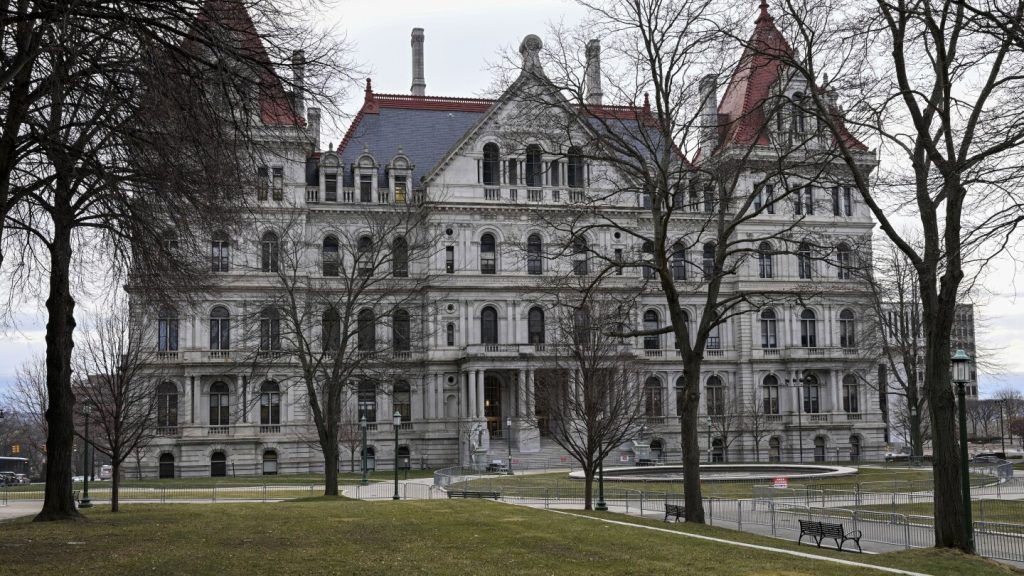A New York judge has ruled against Democrats who wanted state election officials to include language on the ballot that would make it clear that a proposed antidiscrimination amendment to the state’s constitution would protect abortion rights. The judge, David A. Weinstein, stated that he would not force the inclusion of terms like “abortion” and “LGBT” in the explanation of the Equal Rights Amendment. He cited the complexity of the amendment’s actual impact on abortion and the potential for future court battles on the issue. The state Board of Elections, responsible for writing clear explanations of ballot measures, also decided to stick to the technical language of the proposal instead of interpreting its meaning.
The amendment would expand New York’s Constitution to include protections against discrimination based on ethnicity, national origin, age, disability, and various aspects related to sex and reproductive health. Supporters of the measure believe it would protect abortion access by broadening the state’s antidiscrimination provisions. However, opponents argue that the amendment could lead to challenges against future abortion restrictions, claiming they would constitute discrimination. Republicans in New York have criticized Democrats for attempting to politicize the wording of the proposition, stating that voters should be presented with neutral language that accurately describes the amendment.
The ruling by Judge Weinstein means that the current ballot language, as certified by the Board of Elections, will remain unchanged. The judge did order subtle wording changes in the short summary of the proposed amendment that will be given to voters, suggesting the use of the phrase “unequal treatment” instead of “discrimination.” While it is unclear if the decision will be appealed, New Yorkers for Equal Rights, the coalition supporting the amendment, have expressed dissatisfaction with the ballot language for not mentioning the proposed abortion protections. They argue that voters deserve to know the full extent of the freedoms that would be protected by the amendment, including the right to abortion.
Democrats across multiple states have been putting abortion-related questions on the ballot following the U.S. Supreme Court’s decision to overturn Roe v. Wade. Public opinion polls have consistently shown support for abortion access, with a majority of Americans believing the procedure should be legal in most cases. In New York, where abortion is currently allowed until fetal viability (around 24-26 weeks), Democrats hold firm control of the state government, making it unlikely for any new restrictions to be implemented. The debate over the Equal Rights Amendment continues to highlight the contentious issues surrounding abortion rights and antidiscrimination protections in the state.


